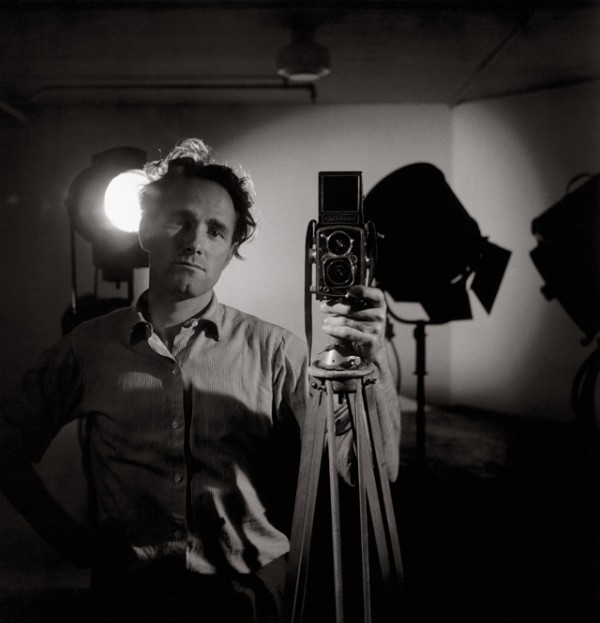Book of the Month: Backstory
Book of the Month: Backstory
Werner Bischof
July 25, 2016
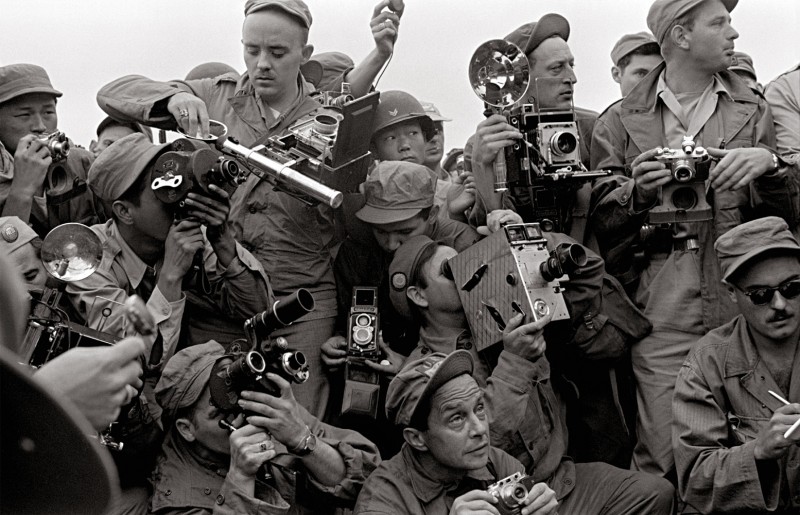
© Werner Bischof / Magnum Photos
Making use of contact sheets and original publications, but also his letters, notes and personal legacy, the photo book reviews Bischof’s personal and professional evolution. The publisher’s intention is to delve quite freely into the photographer’s biographic and artistic cosmos. It is only at the very end that a brief biography is included, as well as texts written by, among others, Kristen Lubben, Director of the Magnum Foundation in New York, and Marco Bischof, who takes care of his father’s estate.
The surprises come right at the beginning of the book: rather than the legendary images by Bischof the photo journalist, the prologue presents his early, experimental studio work produced in Zurich. Pictures of shells, plant studies, abstract shapes, filigree shadows on a female nude, reveal the photographer’s career before his photo journalistic period. It was the time after he got his degree from the Zurich Vocational Art School, when he ran a successful fashion and advertising studio. It was only after his experiences during the war that he left his “ivory tower” to become a photo reporter. The devastation of World War II was present at the beginning of the short career that took him on journeys all over the world. Bischof travelled in Europa, throughout America and returned frequently to Asia, capturing the world in all its moods with great empathy for his fellow human beings. Based on the material spread throughout the photo book, the reader is given insight into Bischof’s experiences, his hopes, but also the increasing resignation he felt towards his occupation. The selection of documents clearly reveal Bishof’s demeanour – the demeanour of a sensitive idealist, who leaves behind much more than just famous pictures, like the one of a young flute player in Peru.
Werner Bischof
Backstory
312 Pages, 135 color and 150 black and white pictures
25 x 30 cm, English
Aperture
Werner Bischof+-
Born in 1916, Bischof studied at the Vocational Art School in Zurich from 1932 to 1936. In 1939 he travelled to Paris to become a painter; when the war broke out he returned to Switzerland to do two years of military service. As of 1942 he worked as a photographer for the Swiss magazine Du. As of 1945 he documented post-war Europe, becoming a member of Magnum Photos in 1949. He worked for international magazines. He spent six months in India in 1951, followed by a year in Japan with some interruptions. 1952 he became a war correspondent for Paris Match, travelling to Indochina, India, Ceylon. 1953 he spent four months in the USA, travelling from New York to Mexico City in 1954. After that he went to Panama, Santiago de Chile and Lima on assignment for Magnum and Life. On May 16, 1954, Bischof had a fatal accident when his car plunged into a ravine in the Peruvian Andes. More

© Werner Bischof / Magnum Photos
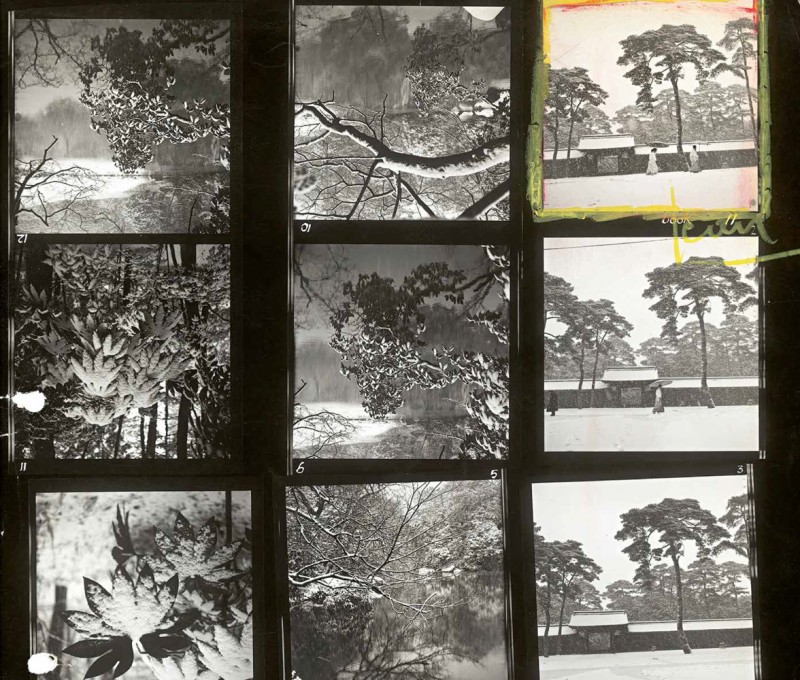
© Werner Bischof / Magnum Photos
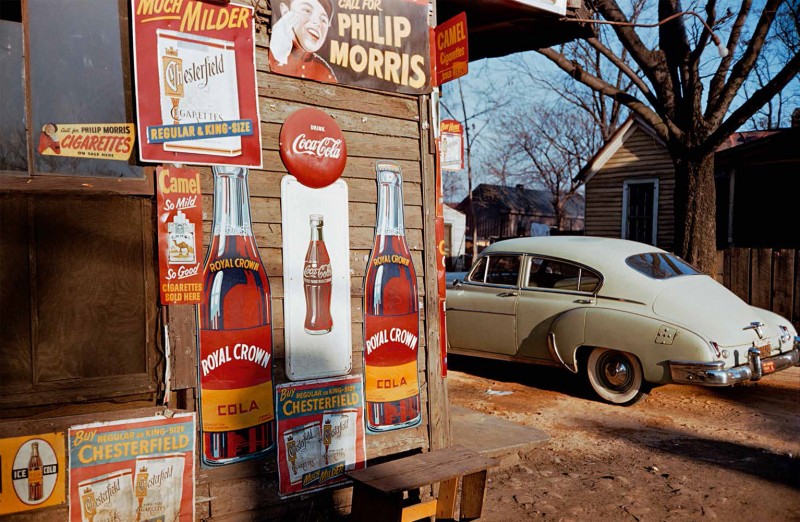
© Werner Bischof / Magnum Photos
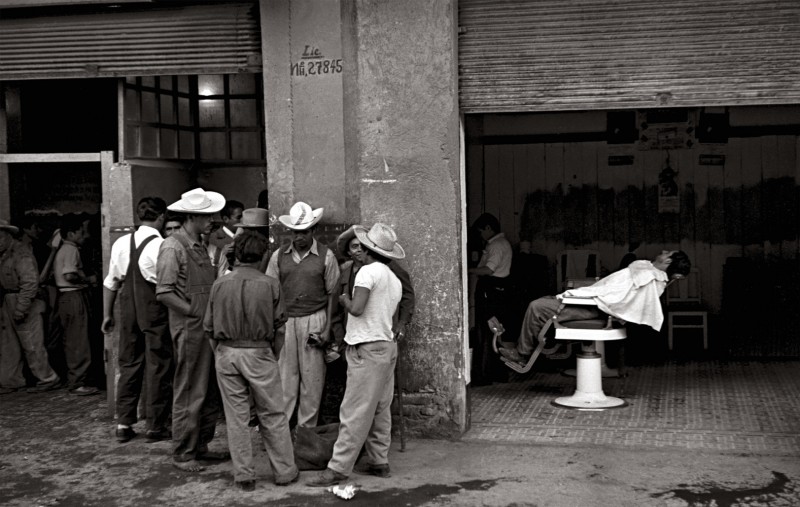
© Werner Bischof / Magnum Photos
